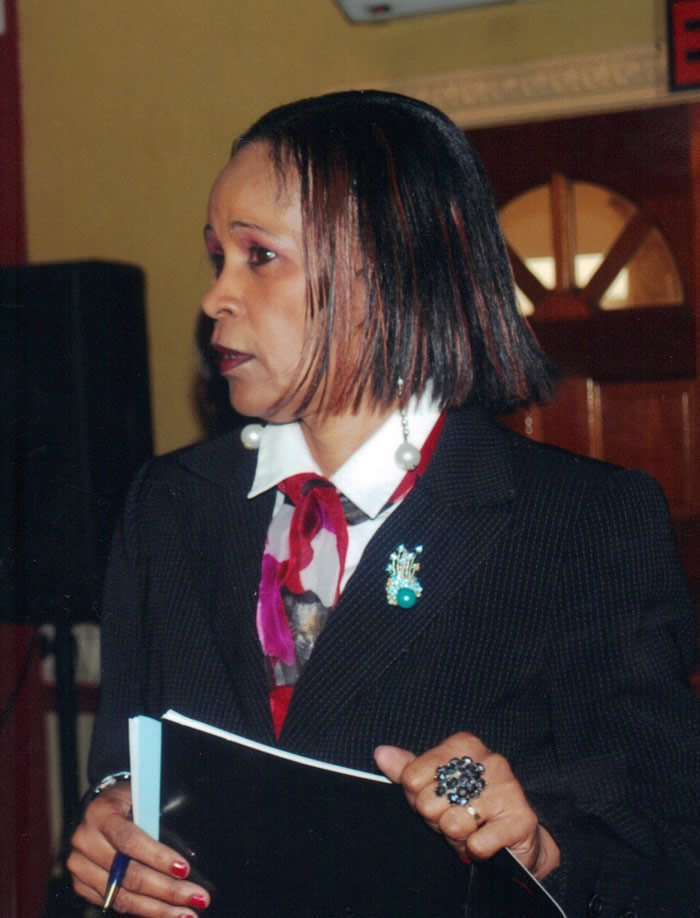 Credit Unions in Trinidad and Tobago are currently hosting their Annual General Meeting for the financial year ending December 31, 2014 at which time they will report to the membership on their stewardship.
Credit Unions in Trinidad and Tobago are currently hosting their Annual General Meeting for the financial year ending December 31, 2014 at which time they will report to the membership on their stewardship.
The members, together, are the supreme authority in the Credit Union. They have the final say on all decisions on the policies, bye laws and rules of the Credit Union. Since members cannot all take part in the running of the Credit Union, authority to carry out daily activities of the Credit Union is delegated to the Board of Directors, which are elected at the Annual General Meeting.
Powers and Duties of an Annual General Meeting shall include the following:
there under and the Bye Laws.
In accordance with the Co-operative Societies Act 81:03 of 1971 credit unions are required to convene its Annual General Meeting not later that one month after the report on the audit of the accounts of the society is received by the Board. The Act also states that every society shall be audited within two months of the end of the financial year by the Commissioner or a person authorised by the Commissioner. In this regard, the Commissioner has an approved listing of Auditors that guides the selection process.
Members have the right to attend Annual General Meetings and exercise their right to vote for the Board and Committees of choice. They have the right and are urged to take time to read and study the annual reports of their credit unions so that they can make informed contributions and take decisions on the direction of the credit union.
The Committee is responsible for loan granting in accordance with the Co-operative Societies and the Credit Union’s Bye Laws and Operating Policies
The Committee performs an auditing role and is considered the ‘eyes and ears’ of the credit union. They are required to monitor the Board’s adherence to laws and policies that guides the operations of the credit union.
The International Credit Union Operating Principles are founded in the philosophy of
cooperation and its central values of equality, equity and mutual self-help. Recognizing the varied practices in the implementation of credit union philosophy around the world, at the heart of these principles is the concept of human development and the brotherhood of man expressed
through people working together to achieve a better life for themselves and their community.
To encourage thrift through savings and thus to provide loans and other services, a fair rate of interest is paid on savings and deposits, within the capability of the credit union.
The surplus arising out of the operations of the credit union after covering the cost of finance, operating costs, provisions for loan losses and ensuring appropriate capital reserve levels, belongs to and benefits all members with no member or group of members benefiting to the detriment of others. This surplus may be distributed among members in proportion to their transactions with the credit union, as dividends on shares or directed to improved or additional services required by the members.
A prime concern of the credit union is to build the financial strength, including adequate reserves and internal controls that will ensure continued service to membership.
Speaking on credit unions hosting of timely Annual General Meetings, League’s Chief Operating Ms Dianne Joseph indicated that the League attends these meetings to monitor and lend support where necessary and remains happy that credit unions continue to enjoy growth in all key areas of operations despite the economic downturn. In fact, credit unions remain the key financial institution that looks after the overall welfare of its members by investing wisely and taking decisions that puts the members as owners, first.